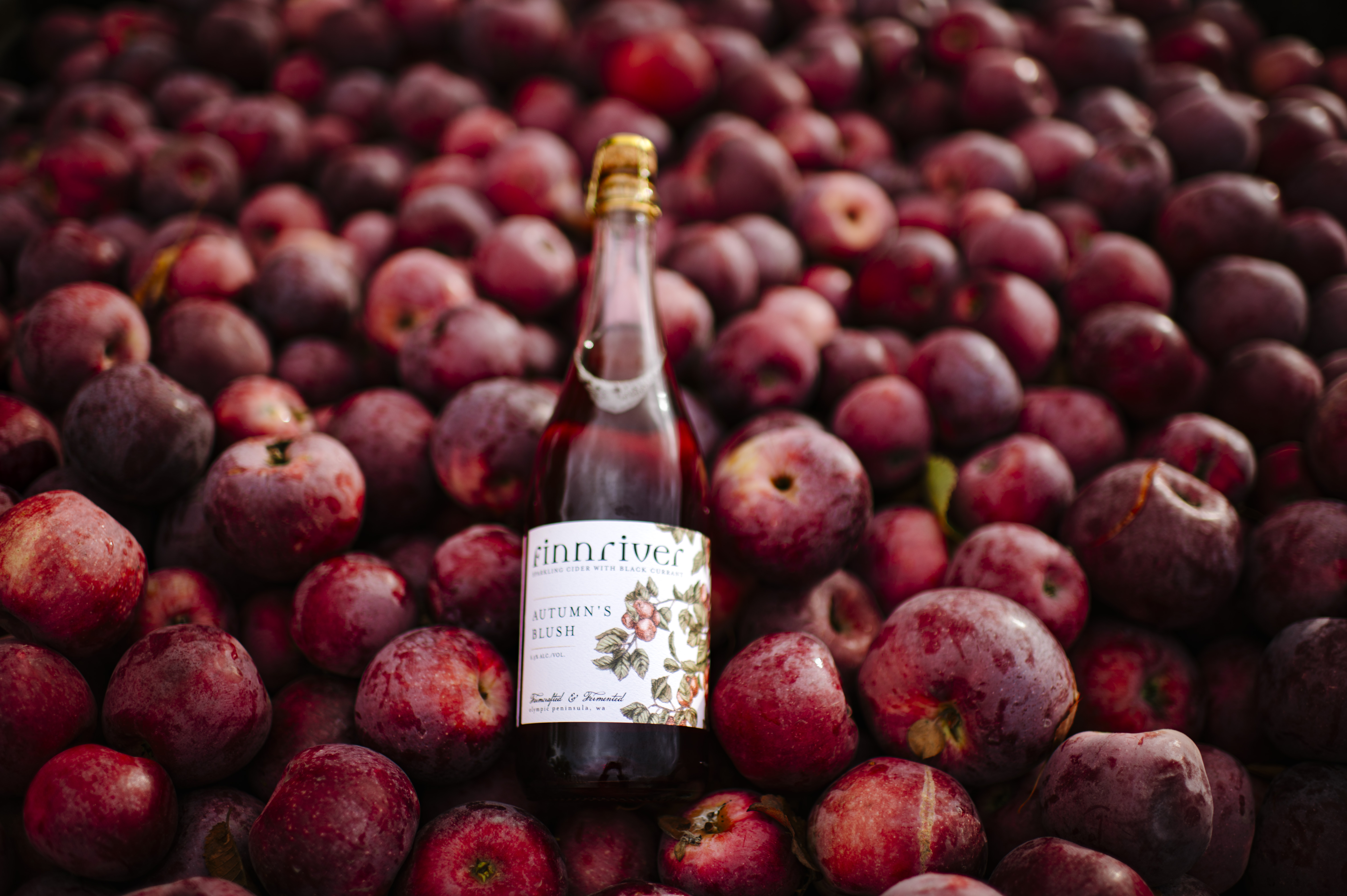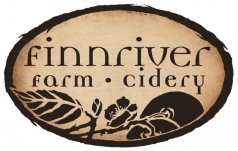

Finnriver Farm and Cidery

Washington, United States
December 2015
Mixed Farming
Manufacturing
United States
Finnriver is an organic farm, orchard & craft cidery founded along a salmon stream on the north Olympic Peninsula of Washington— the traditional & contemporary territories of the S’Klallam & the Chemakum. While their farm is remote, they are honored to be on the forefront of the Pacific Northwest hard cider revival & to craft ciders that both recognize historic hard cider traditions & offer fresh perspectives on the possibilities of the apple. Finnriver's farm and orchard is Certified Organic & Salmon Safe, with over 6,000 trees of heirloom and traditional cider apples & Perry Pears. They grow & source organic, wild harvested, & seasonal ingredients to produce award-winning ciders with a commitment to sustainability. Their Cidery is powered by solar panels, they have a bottle and box reuse program, & their farm is host to an array of land partners doing organic research, advocacy, and education. Finnriver aspires to ‘serve the land’ with cider by caring for the soil, watershed & community. They seek to create deep-rooted and fruitful connections in their taprooms, with cider on draft, live music, local food, and community events. Their mission is to celebrate the beauty and bounty of the earth, to reconnect people to the land that sustains us and to grow community!
Overall B Impact Score
Governance 14.3
Governance evaluates a company's overall mission, engagement around its social/environmental impact, ethics, and transparency. This section also evaluates the ability of a company to protect their mission and formally consider stakeholders in decision making through their corporate structure (e.g. benefit corporation) or corporate governing documents.
What is this? A company with an Impact Business Model is intentionally designed to create a specific positive outcome for one of its stakeholders - such as workers, community, environment, or customers.
Workers 17.6
Workers evaluates a company’s contributions to its employees’ financial security, health & safety, wellness, career development, and engagement & satisfaction. In addition, this section recognizes business models designed to benefit workers, such as companies that are at least 40% owned by non-executive employees and those that have workforce development programs to support individuals with barriers to employment.
Community 19.4
Community evaluates a company’s engagement with and impact on the communities in which it operates, hires from, and sources from. Topics include diversity, equity & inclusion, economic impact, civic engagement, charitable giving, and supply chain management. In addition, this section recognizes business models that are designed to address specific community-oriented problems, such as poverty alleviation through fair trade sourcing or distribution via microenterprises, producer cooperative models, locally focused economic development, and formal charitable giving commitments.
Environment 27.4
Environment evaluates a company’s overall environmental management practices as well as its impact on the air, climate, water, land, and biodiversity. This includes the direct impact of a company’s operations and, when applicable its supply chain and distribution channels. This section also recognizes companies with environmentally innovative production processes and those that sell products or services that have a positive environmental impact. Some examples might include products and services that create renewable energy, reduce consumption or waste, conserve land or wildlife, provide less toxic alternatives to the market, or educate people about environmental problems.
What is this? A company with an Impact Business Model is intentionally designed to create a specific positive outcome for one of its stakeholders - such as workers, community, environment, or customers.
Customers 1.1
Customers evaluates a company’s stewardship of its customers through the quality of its products and services, ethical marketing, data privacy and security, and feedback channels. In addition, this section recognizes products or services that are designed to address a particular social problem for or through its customers, such as health or educational products, arts & media products, serving underserved customers/clients, and services that improve the social impact of other businesses or organizations.